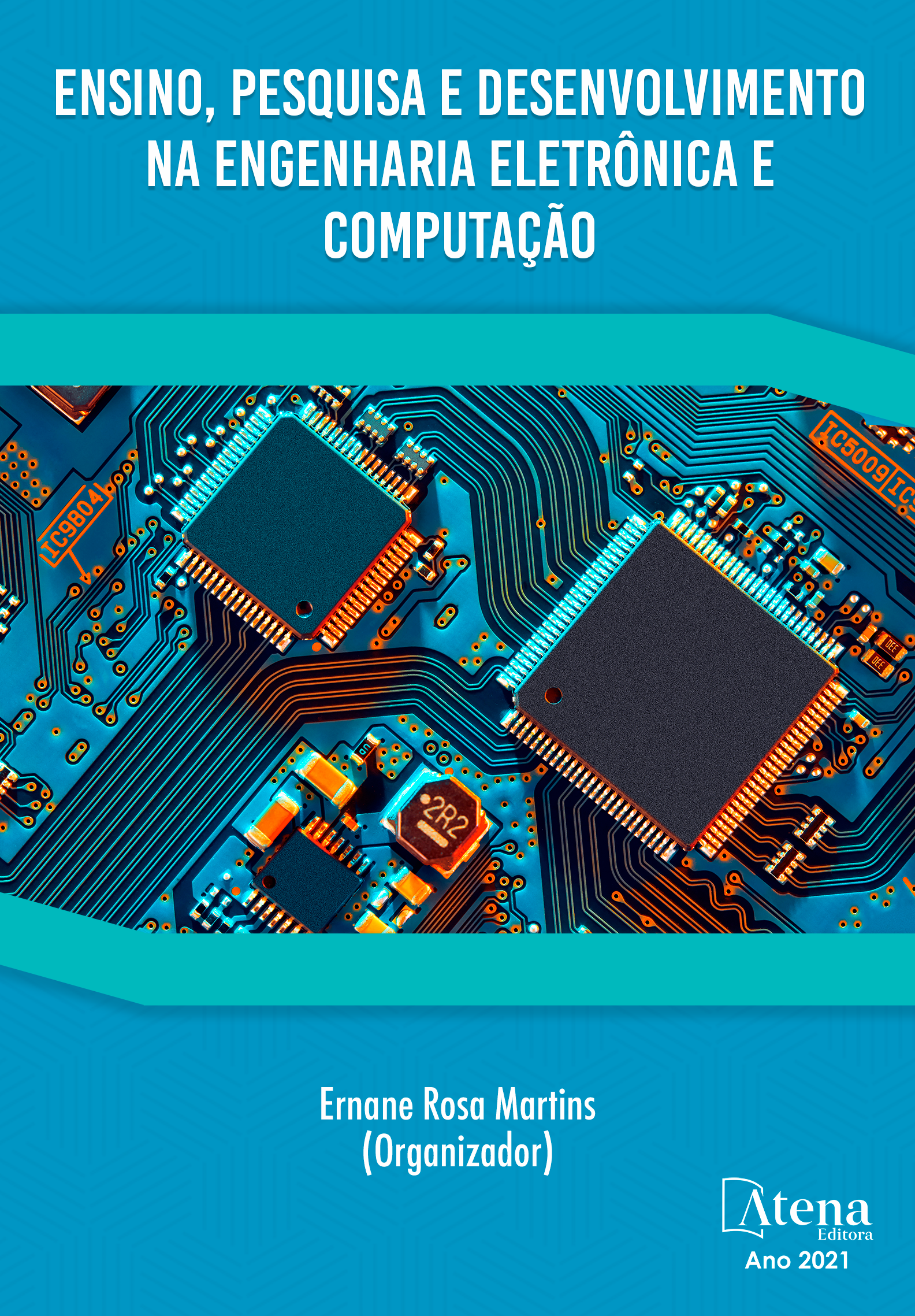
El reto de autentificar y vigilar exámenes a distancia: Supervisión remota a través de software
La educación a distancia ha crecido aceleradamente en los últimos años, sin embargo, existen incógnitas sobre la confiabilidad de sus evaluaciones. Una de las soluciones propuestas recientemente es utilizar softwares de supervisión remota para autentificar y monitorear exámenes sin importar la ubicación geográfica del estudiante. La presente investigación realiza un cuasi experimento en dos cursos de la Maestría en Administración Empresarial: Economía gerencial y Planeación estratégica, la muestra fue de un total de 417 estudiantes. Los exámenes parciales fueron aplicados en línea sin supervisión y el examen final es el que se aplica supervisado remotamente a través de software. La hipótesis a probar es: El desempeño académico del estudiante es diferente en exámenes a distancia no supervisados con respecto a los supervisados remotamente a través de software, los resultados muestran tendencia a calificaciones altas en exámenes no supervisados y se sugiere continuar con el empleo del software, pero considerando medidas que ayuden a la adopción tecnología del mismo.
El reto de autentificar y vigilar exámenes a distancia: Supervisión remota a través de software
-
DOI: 10.22533/at.ed.8712119026
-
Palavras-chave: examen a distancia, examen supervisado, software de monitoreo, supervisión remota.
-
Keywords: remote exam, supervised exam, monitoring software, remote proctor
-
Abstract:
Distance education has grown rapidly in recent years, however, there are unknowns about the reliability of its evaluations. One of the recently proposed solutions is to use remote monitoring software to authenticate and monitor exams regardless of the student's geographic location. This research carries out a quasi-experiment in two Master's degrees in Business Administration: Management Economics and Strategic Planning, the sample was a total of 417 students. The partial exams were applied online without supervision and the final exam is the one that is applied remotely supervised through software. The hypothesis to be tested is: The student's academic performance is different in distance examinations not supervised with respect to those supervised remotely through software, the results show a tendency to high marks in exams not supervised and it is suggested to continue using the software, but considering measures that help technology adoption. -
Número de páginas: 9
- Martha Eugenia Alemán Flores
- Jessica Fernández Garza


